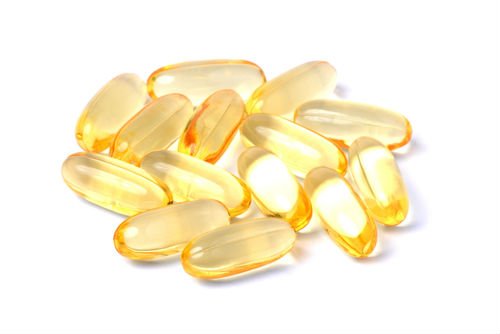Is Fish Oil Harmful?
One of my closest friends just asked me if I give my kids fish oil. He sent me a link to a video that was ripping on fish oil. It completely shocked me.
Based on two studies, the writer implied that fish oil was bad for everyone. One of the studies was of poor quality fish oil products in New Zealand and was unpublished. The other questioned how well fish oil prevented second heart attacks in diabetics on multiple medications.
Yes, I do give my kids fish oil. Mind you, my son loves oysters and sardines, and my daughter loves sushi. Nonetheless, I consider it cheap insurance for their brains. A mackerel a day might keep the doctor away, but even kids who like seafood can use a little extra.
For kids, fish oil has been shown to:
- improve cognitive function in school-aged children1
- prevent childhood asthma2
- lower risk of influenza3
- improve ADHD4
- reduce airborne allergies5
As an athlete in recovery, I also take fish oil. It’s been shown to reduce delayed onset of muscle soreness and allow for faster recovery from exercise.6 It’s also been shown to lower inflammation, reduce muscle damage, and improve metabolism.7 That means I get more out of exercise, recover faster, and am less apt to get sick or injured.
As a doctor who gives medical advice, I definitely recommend fish oil.
A group of Harvard researchers did a comprehensive review on the top 12 preventable causes of death in the United States. The eighth most powerful way to reduce your death risk was to consume adequate amounts of omega-3 fats.8
Along with reducing preventable death, fish oil supplementation has been shown to:
- reduce the risk of mortality from cancer9
- help weight loss[10
- lower triglycerides11
- help collagen production12
- reduce the risk of Alzheimer’s disease13
- raise HDL (good cholesterol)14
- help knee osteoarthritis15
- prevent childhood asthma16
- improve insulin sensitivity17
- improve heart failure18
- shorten hospitalization post-surgery19
- lower blood pressure20
- reduce postpartum depression21
- improve rheumatoid arthritis22
- lower breast cancer risk23
- improve male fertility24
- reduce psoriasis25
- help bipolar mood disorders26
- reduce anxiety27
How much fish oil should you take?
The average American consumes only 100–200 mg of omega-3 fats.28 Most experts recommend a minimum of 500–1000 mg daily for basic health.29
For general health maintenance, I recommend 1000 mg of combined EPA and DHA. Dosage ranges for some conditions above were from 1000–20,000 mg.
How do you take fish oil?
Since the nutrients in fish oil are fat soluble, fish oil is best absorbed with a meal. The time of day is not important, and fish oil can be safely taken with other non-prescription compounds. Check with your doctor or pharmacist regarding combining fish oil with prescription medications.
What types of fish oil are best?
The triglyceride form is preferred over the ethyl ester form since it’s easier to absorb and less apt to form free radicals. Better types are distilled, filtered, and tested for contaminants like heavy metals, PCBs, and organopollutants.
What about omega-3 oils from algae, krill, or calamari?
These are safe and may be effective. The main disadvantage is they are less cost effective. Case in point: Krill oil averages 12 times the cost of fish oil in terms of cost per mg of EPA.30 Most krill oil products require 10-20 gel caps for one day’s dose.










